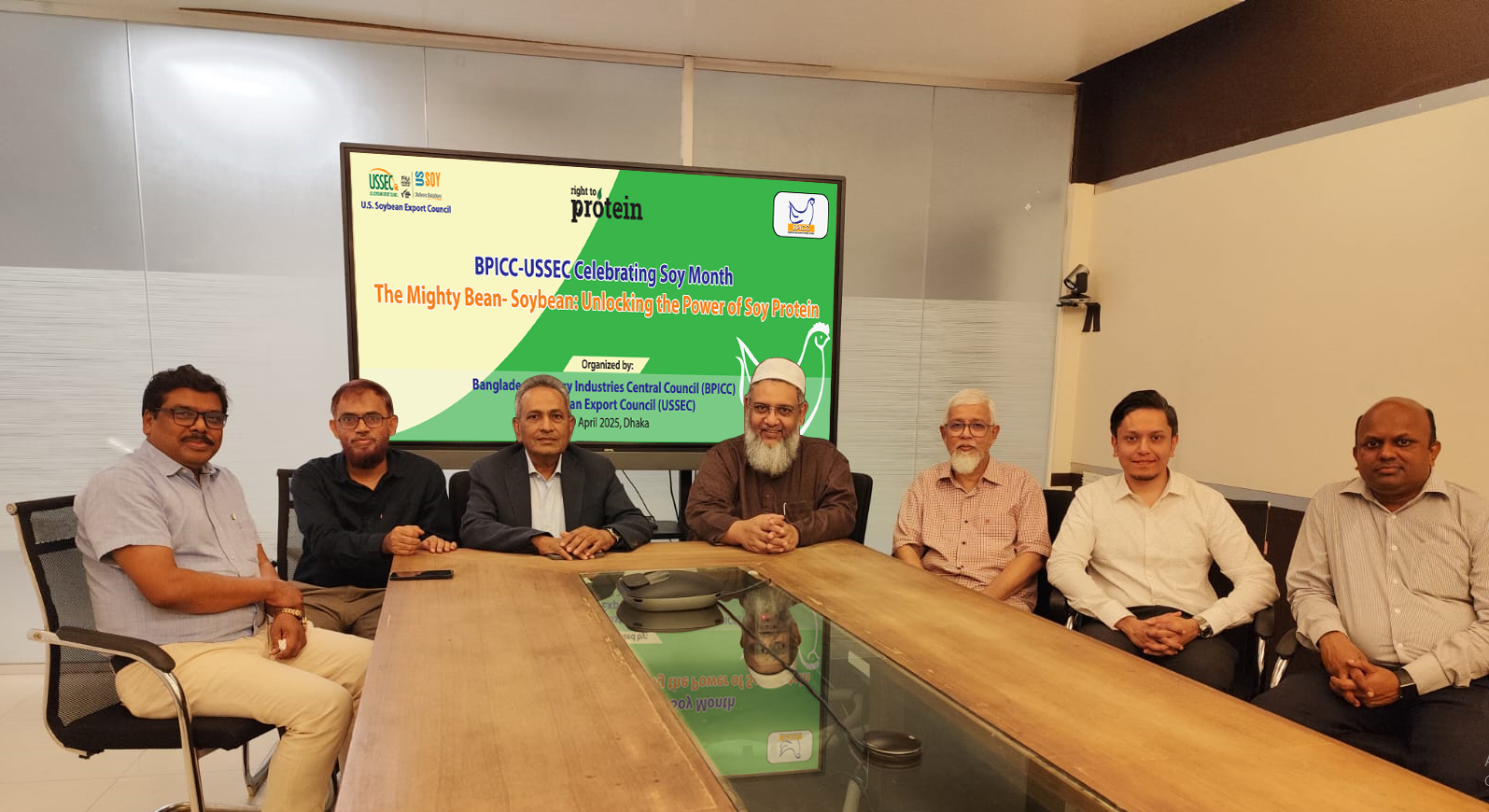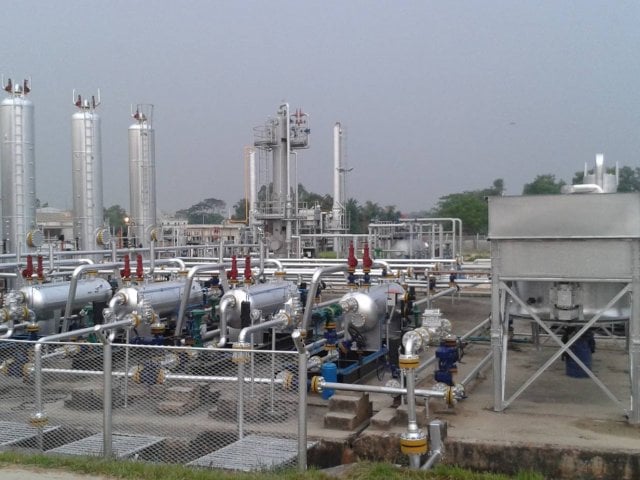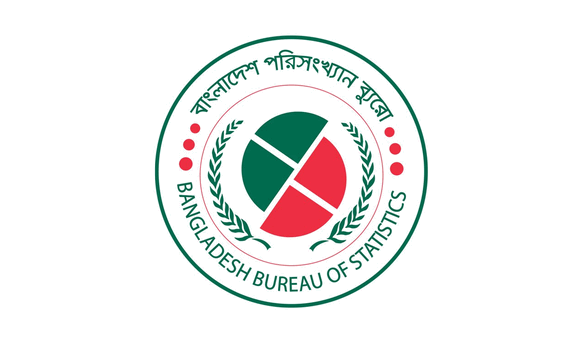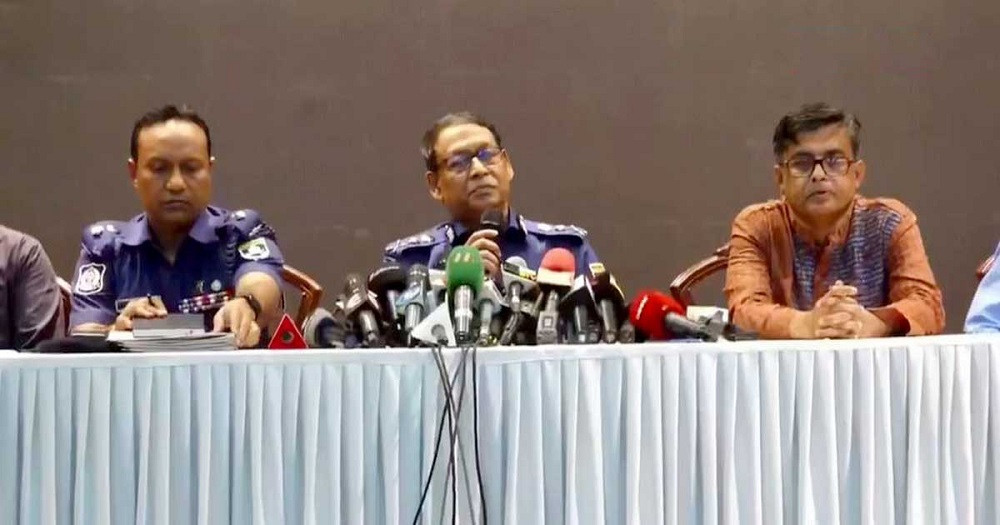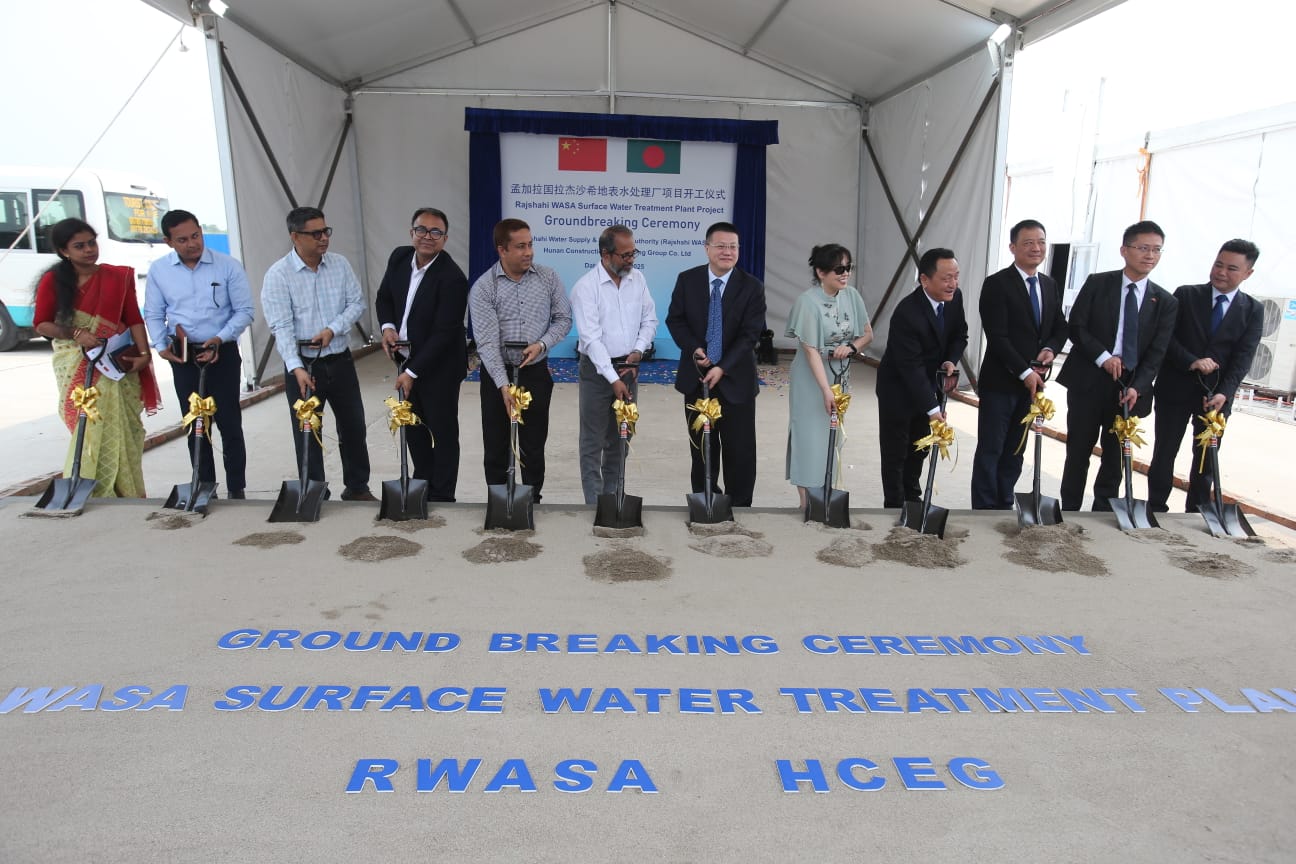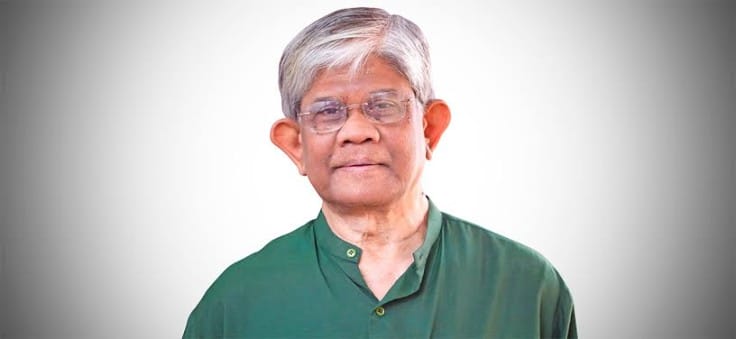
Dr Salehuddin Ahmed, Finance and Commerce Adviser to the interim government, stressed the urgent need to reduce wasteful government spending and called for reforms in the tax and banking sectors.
He made these remarks while speaking as the chief guest at a discussion on the 2024 Finance Act at the National Board of Revenue (NBR) in Agargaon, Dhaka on Saturday.
He emphasised that Bangladesh needs to focus on generating revenue without burdening its citizens.
Dr Salehuddin acknowledged the growing national debt and increasing financial pressures. “The government requires money to cover its expenses and reduce the rising debt burden. We cannot afford to waste resources,” he said. While admitting that external loans will still be necessary, he stressed the importance of using local resources as much as possible to fund national projects.
The adviser highlighted the need for careful and transparent tax collection. He urged tax officials to work diligently but not to pressure ordinary people. “Collect as much tax as possible, but do not cause hardship for people. Let them feel comfortable paying taxes voluntarily,” he said.
Many taxpayers avoid interacting with tax officials out of fear of harassment, he added, and emphasised the importance of building trust between citizens and the government.
Dr Salehuddin said the government will maintain its revenue targets despite the challenging economic situation. “We have a deficit budget and rely heavily on loans. However, our goal is to raise funds from within the country, though external resources will still be needed,” he said.
The Finance Adviser identified the need for reforms in the banking and revenue sectors as the two key challenges facing Bangladesh’s economy. He assured the audience that the interim government is committed to these reforms. “We are serious about reforming these sectors and are working hard to make changes. Please assist us in these efforts,” he urged tax officials.
Dr Salehuddin pointed out that while the government is trying to improve tax collection, it also seeks to avoid over-reliance on foreign aid. He noted that donor agencies often impose conditions, making the government feel constrained. “We don’t want to be dependent on them. We want to pursue projects that truly benefit our country,” he said, explaining that future projects will be carefully scrutinised to ensure they align with national interests.
A visiting US delegation will discuss economic issues, including tax and banking reforms, in the coming days. Dr Salehuddin expressed optimism that ongoing reforms would reassure international partners and attract foreign investments. However, he also emphasised that Bangladesh must improve its regulatory environment to attract more foreign direct investment (FDI) and foreign portfolio investment (FPI).
“The government is working on reforms, and we are optimistic that our efforts will yield positive results,” he added.
Dr Salehuddin noted that Bangladesh relies too heavily on indirect taxes like value-added tax (VAT), while the share of direct taxes, such as income tax, remains low. He stressed the importance of equity in taxation, where citizens pay based on their ability. “The burden of taxes should not fall on just a few people or businesses,” he said.
He urged tax officials to ensure fairness and prevent any misuse of public funds. “You have an important responsibility, and you must carry out your duties with caution and sincerity,” he told the audience.
Dr Salehuddin acknowledged that reforms in other areas, such as health and social services, will take time. However, he assured that steps are already being taken in the financial sector, such as the elimination of provisions for whitening black money and banking reforms. “We’ve made a start, and with your help, we can achieve our goals,” he said.
The Finance Adviser closed his remarks by encouraging tax officials to uphold the values of transparency and accountability. He reminded them that taxpayers are looking to them for justice and fair treatment. “Please match your efforts with the impressive work you are doing, and let’s move forward together,” he concluded.
The event was chaired by NBR Chairman Md Abdur Rahman Khan, with several other officials speaking, including the Secretary General of the Bangladesh Civil Service (Taxation) Association Sheikh Shamim Bulbul, and NBR members AKM Badiul Alam and GM Abul Kalam Kaikobad.



